Last updated: 06.10.2025

Apparel and Fashion Industry Regulation in Poland
The Polish fashion apparel and fashion industry is developing rapidly, and with this growth comes an increasing significance of legal regulations concerning intellectual property (IP), sustainable business practices, and regulatory compliance.
The effects of new EU regulations – such as the Ecodesign for Sustainable Products Regulation (ESPR) – are becoming increasingly visible in the Polish and wider European market, introducing comprehensive requirements for products sold, and reshaping business models across the entire value chain.
The Ecodesign for Sustainable Products Regulation (ESPR): Legal Impacts on Fashion Brands
The ESPR replaces previous ecodesign rules and expands their scope to cover all non-food products categories. In the fashion sector, this means requirements to:
- increase durability of garments,
- enable repair and reuse,
- facilitate recycling and end of life recovery,
- promote circular business models.
Importantly, ESPR regulation introduces a ban on destroying unsold goods, aiming to reduce waste and overproduction.
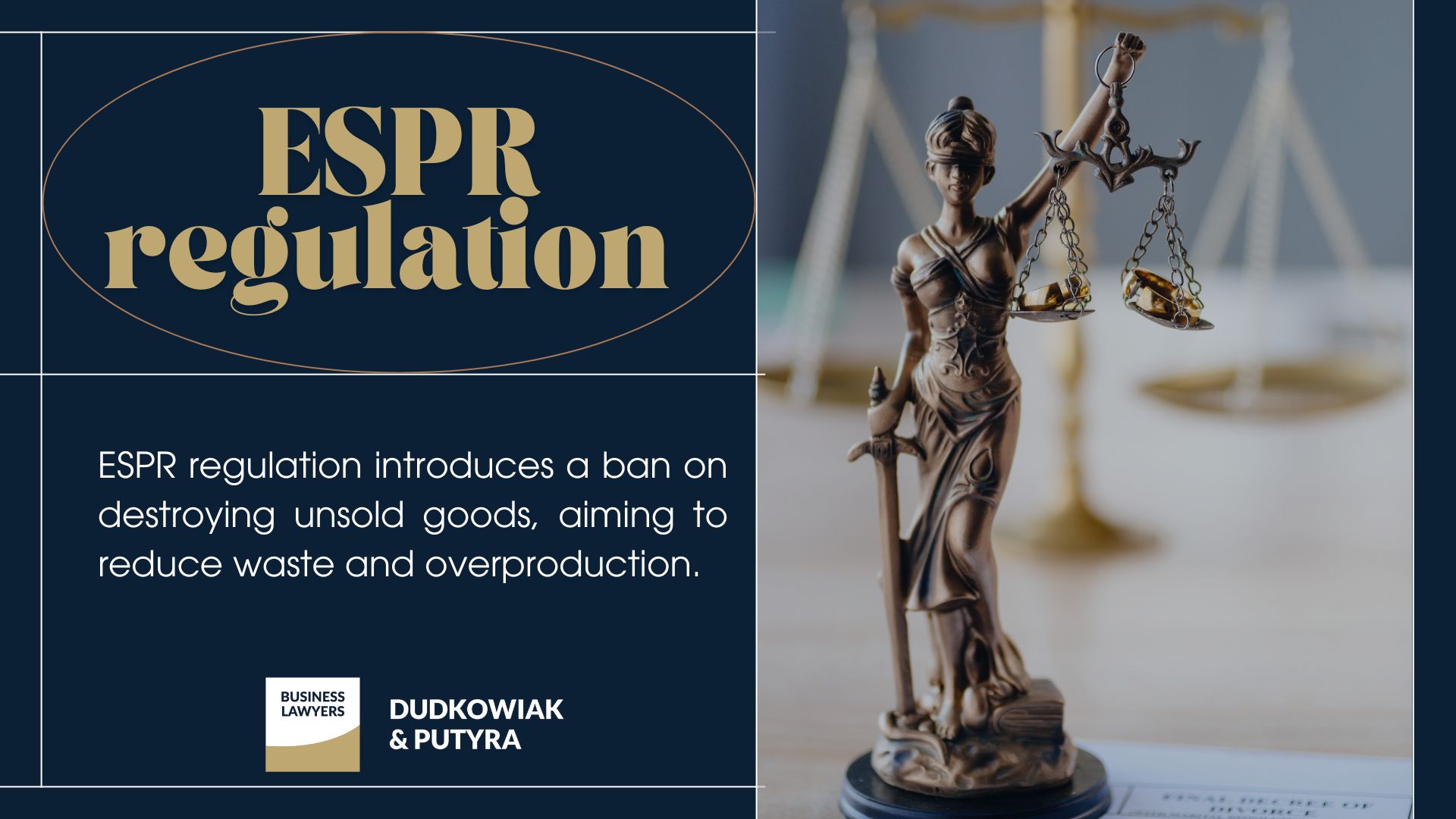
The provisions also impose financial and administrative penalties for violations. This creates new obligations for brands operating in the EU market and directly impacts supply chain management.
Digital Product Passport (DPP) in Fashion
A key element of the ESPR is the Digital Product Passport (DPP). It will apply wide range of industries incl. textiles, electronics, batteries, construction materials, and food too. This digital record will contain comprehensive information on:
- material composition,
- manufacturing processes,
- product’s origin,
- carbon footprint,
- repairability and recycling methods.
The digital product passport system aims at enhancing transparency and product visibility in the value chains. However, digital product passport implementation presents challenges ranging from compliance documentation to data security and protection of sensitive details.
Businesses will need to invest in IT infrastructure, ensure proper QR code labeling, and address issues of regulatory compliance across the European market.
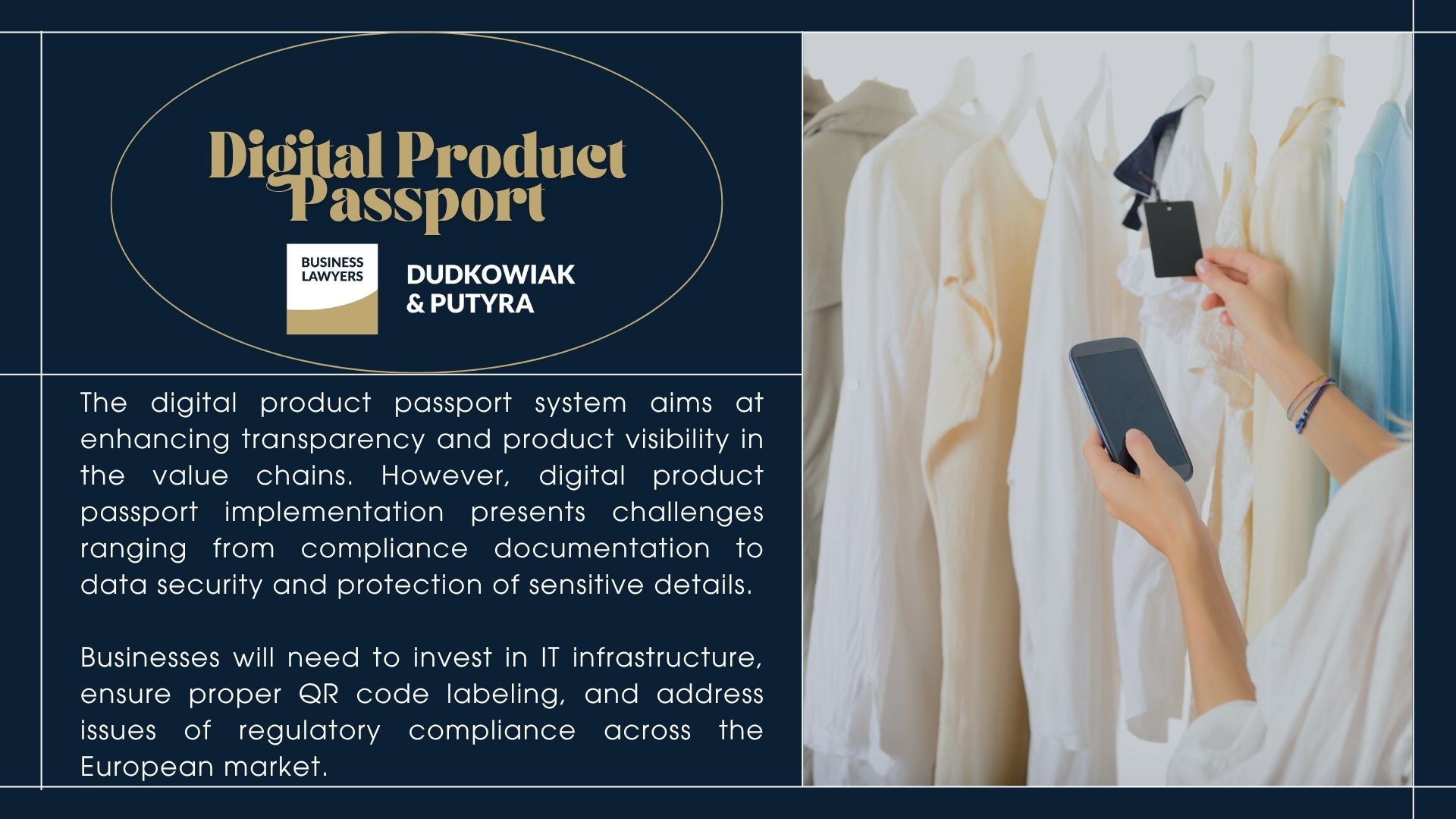
Greenwashing Under Scrutiny: The ECGT Directive
The Empowering Consumers for the Green Transition (ECGT) Directive targets environmental impact claims. It prohibits vague and unverified claims such as “eco” or “environmentally friendly” unless supported by detailed information.
Brands will need independent certification to substantiate claims and avoid legal risk. Non-compliance can trigger sanctions from the Polish Office of Competition and Consumer Protection (UOKiK).
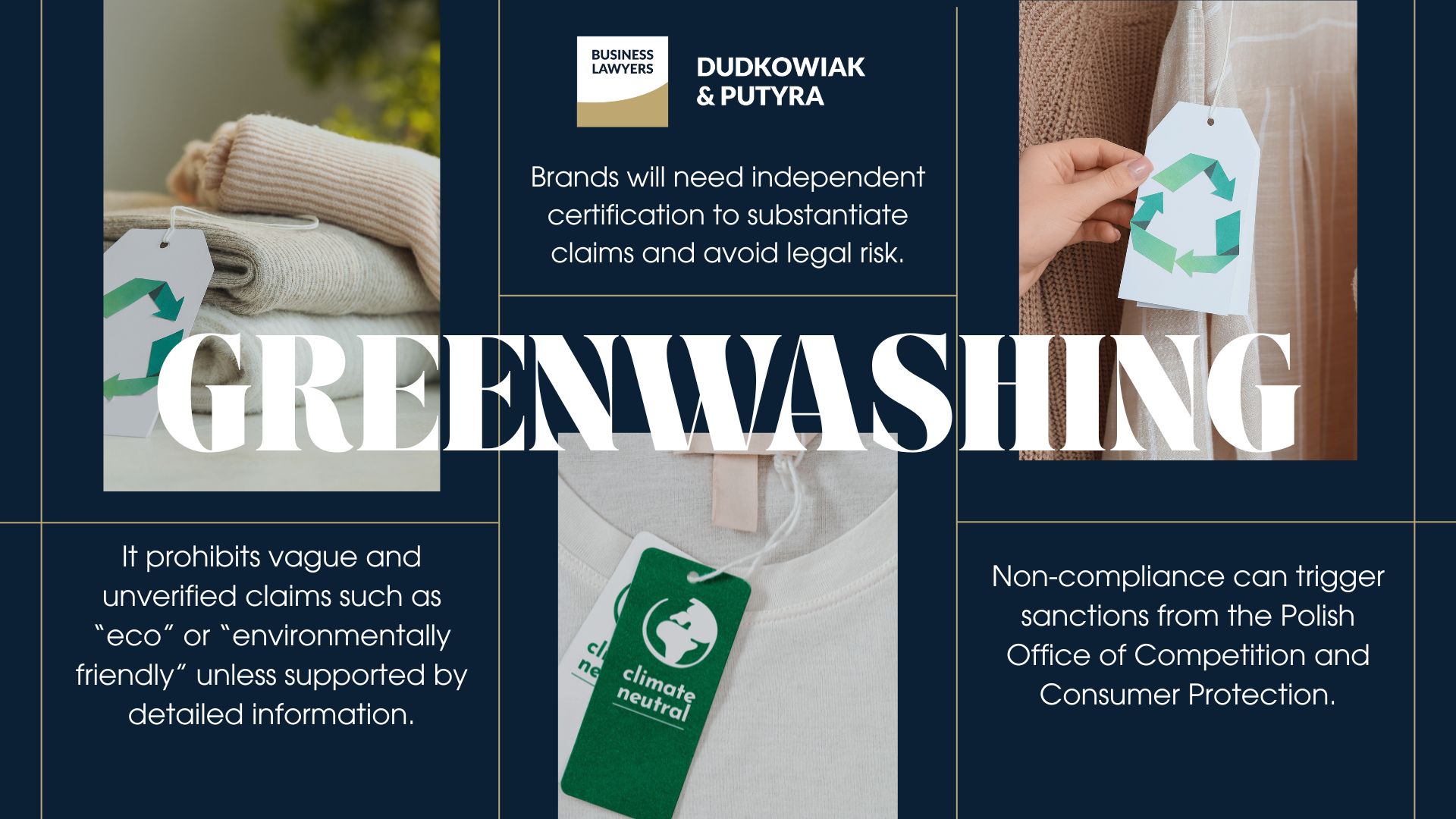
Intellectual Property in Fashion: Key Legal Challenges
Intellectual property is a crucial and extensive issue in the fashion industry.
Designers protect their designs and copyrights, while brands invest in trademarks and know-how. With the increasing use of influencers in marketing, new questions are emerging around image rights and the ethics of promotional content.
The issues of parallel trade and the principle of exhaustion are also worth noting: once a product is placed on the EEA market, the trademark owner can no longer prohibit its resale.
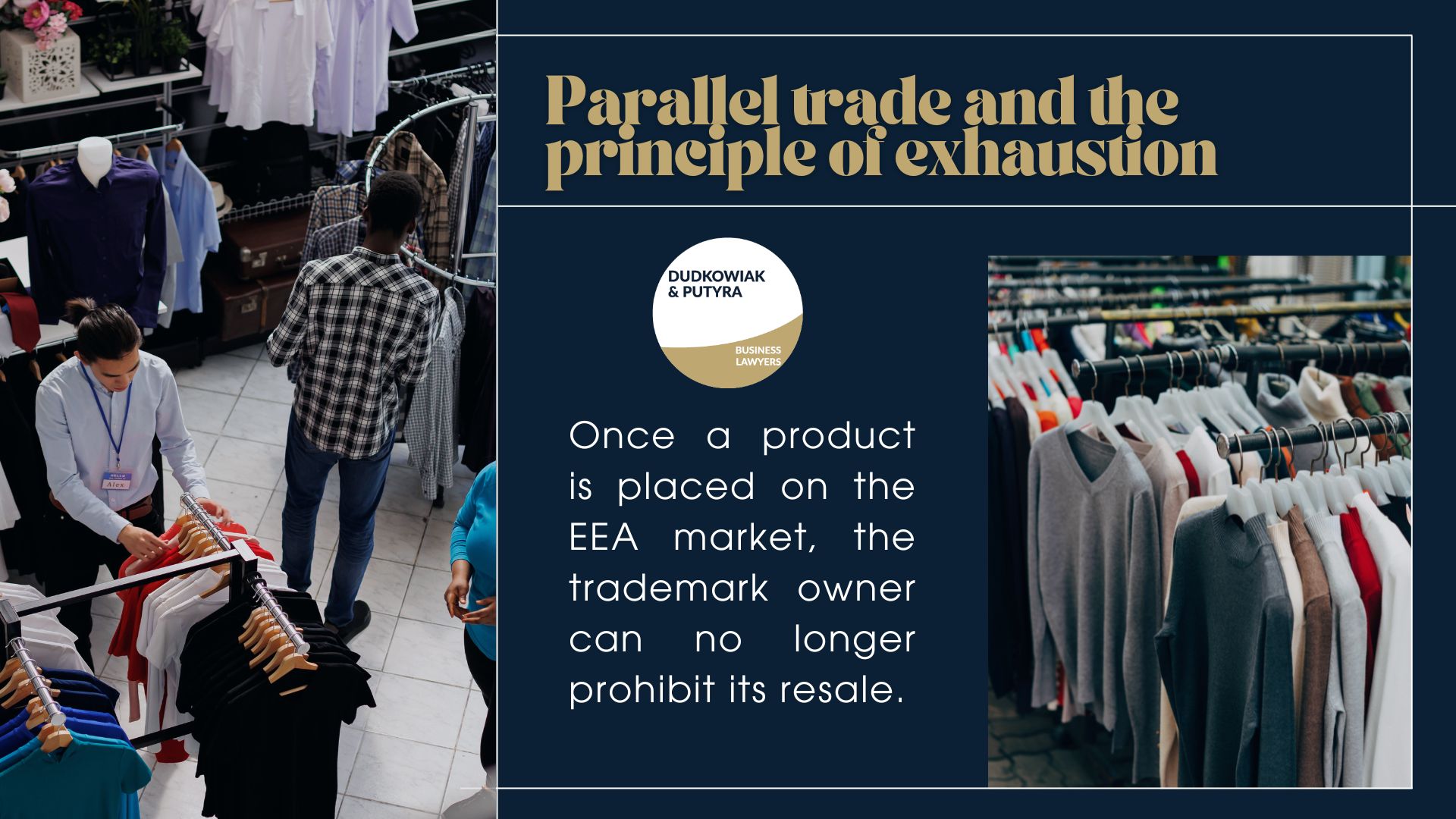
For brands, this requires careful management of distribution channels, while importers face risks related to labelling and product reputation.
Fashion Labelling Laws in Poland: Legal Standards and Sanctions
Polish law requires producers and distributors to provide clear and comprehensive information about product composition, product’s origin, and care instructions. False or misleading labeling is an unfair commercial practice and subject to penalties by UOKiK.
E-commerce & Fashion: Legal Risks for Online Retailers
In the digital age, responsibility for IP infringements rests not only with sellers but also with online stores and platforms. Protecting high quality products against counterfeits, ensuring product transparency, and accurate order details are key.
The rise of e-commerce websites increases the need for regulatory compliance and creates pressure to attract potential customers, increase customer visits, and ensure competitive advantage.
Fashion in the Virtual World: Legal Protection of Digital Products
Virtual environments such as video games and the metaverse are emerging as new arenas for fashion. Registering 3D trademarks and designs for virtual clothing and accessories provides a competitive edge but also raises jurisdictional and legal challenges.
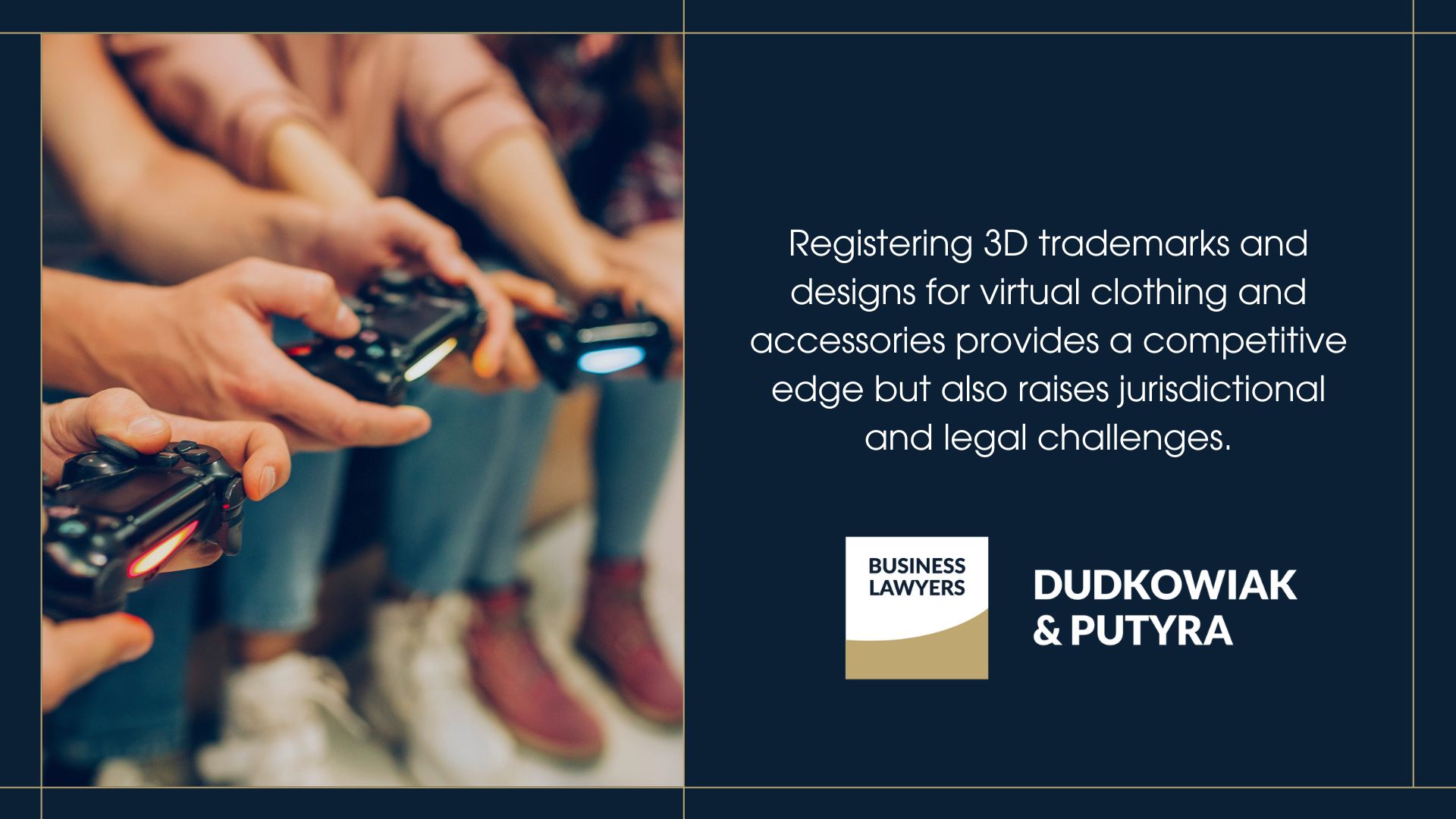
Influencer Marketing in Poland: Legal and Tax Implications
Influencer marketing plays a central role in ecommerce business models. However, behind curated posts and creative collaborations lie complex tax obligations – for both influencers and companies.
Under Polish tax law, the provision of customer-paid collaborations, PR packages, barter arrangements, or non-cash compensation may generate taxable income, which is not always intuitively recognized as such.
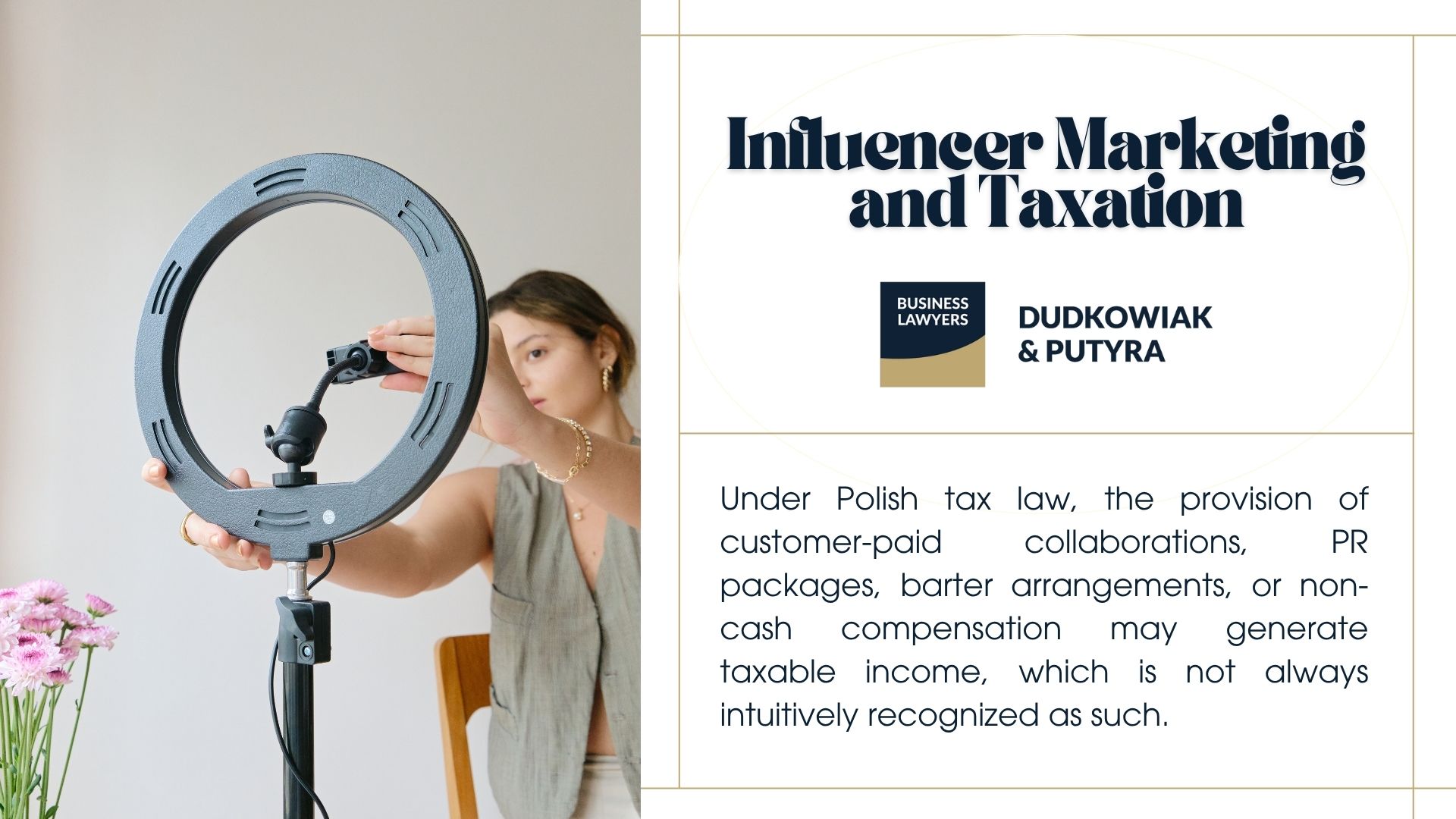
It is crucial to determine when a benefit constitutes a gratuitous service and when it is taxable income, as well as the respective responsibilities of commercial entities and individuals promoting products.
Dropshipping Business Model – Legal, Tax, and Supply Chain Compliance
The dropshipping business model has become one of the most popular ecommerce business strategies due to low startup costs, simple setup, and the fact that it only requires an internet connection to sell products without holding stock.
A customer places an order on an ecommerce website, the retailer forwards the order details to a third-party supplier, who then ships products directly to the buyer.
While this model helps attract customers and offers dropshipping services with many suppliers, it also comes with drawbacks:
- lower profit margins due to higher shipping costs,
- lack of control over high quality products,
- risks in inventory management,
- potential regulatory compliance issues when importing products into the EU market,
- dropshipping legal risks regarding consumer rights and liability for faulty goods.
Businesses exploring dropshipping alternatives such as retail arbitrage or other business models should evaluate competitive edge, risks of unlike dropshipping, and obligations to fulfill customer orders in line with EU law.
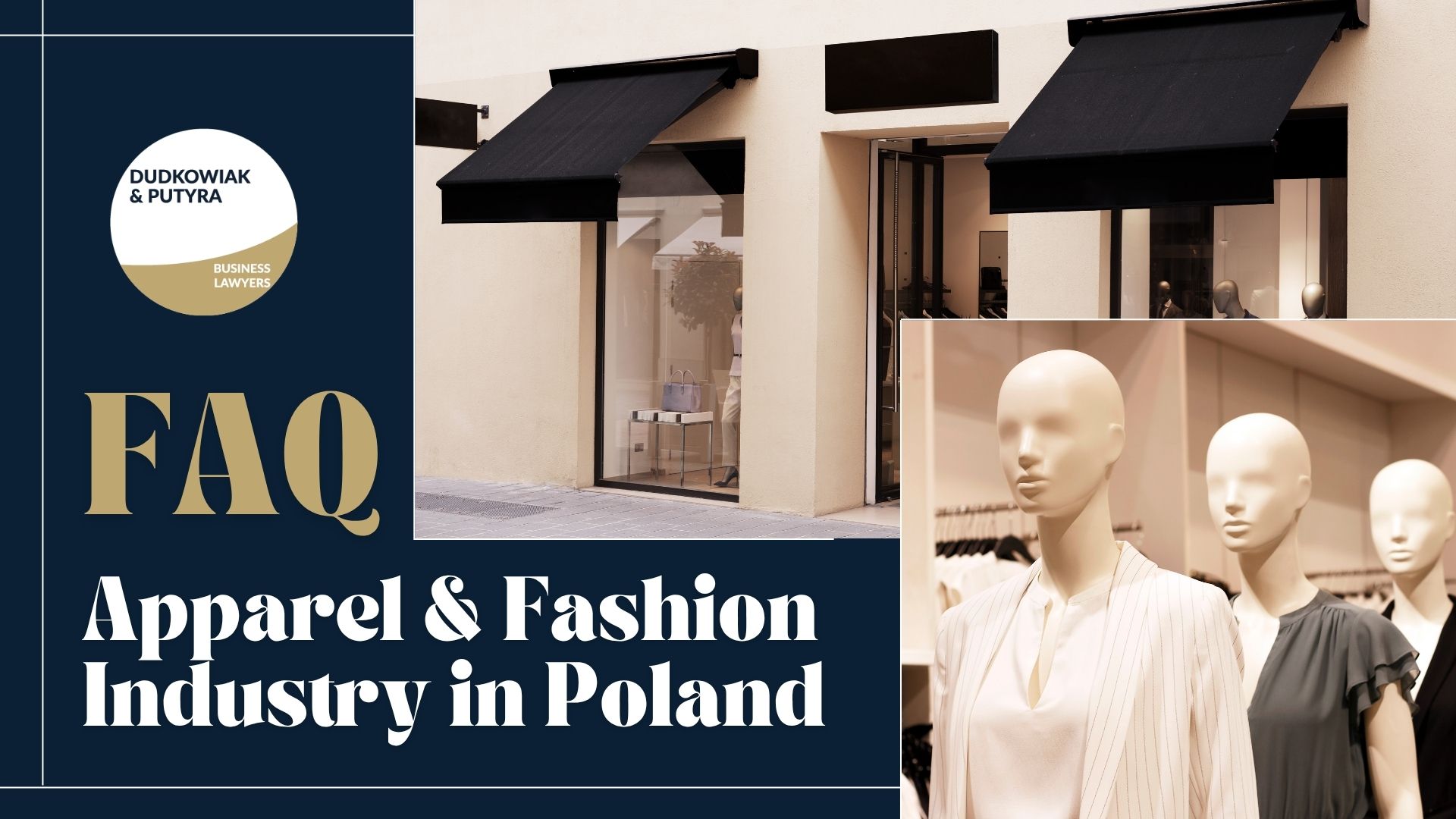
FAQ – Apparel & Fashion Regulation in Poland
How does dropshipping work in the European market?
A customer places an order in an online store, which forwards the request to a third party supplier. The supplier ships products directly to the customer.
What are the main dropshipping drawbacks for an ecommerce business?
They include lower profit margins, higher price for shipping products, and reduced control over inventory management and product quality.
What are the Digital Product Passport requirements?
The digital product passport system requires comprehensive information on materials, manufacturing processes, end of life options, and product transparency.
How can sustainable business practices provide a competitive advantage?
They enhance product visibility, build trust from the customer’s perspective, and ensure regulatory compliance across the supply chain.

